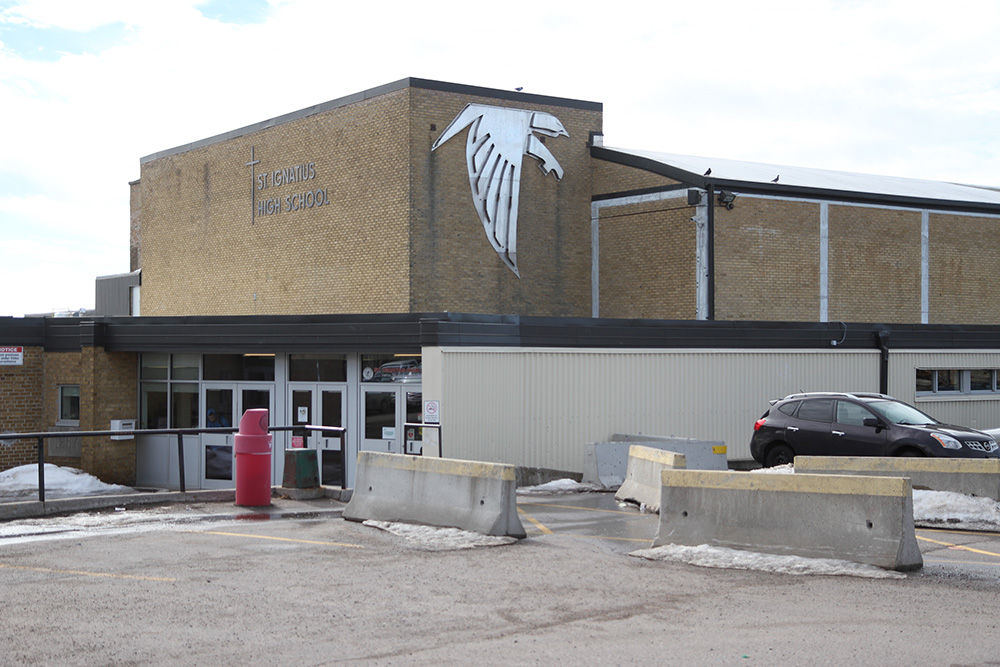Ontario’s New Housing Law Could Weaken Local Climate Rules
Cities like Toronto are trying to figure out how much control they still have over climate-friendly building rules after Premier Doug Ford’s government introduced a new law called the Protect Ontario by Building Faster and Smarter Act (also known as Bill 17).
The goal of Bill 17 is to speed up the building of homes, roads, and public transit to help deal with Ontario’s housing crisis. But some city leaders and environmental groups are worried the law will stop cities from making developers follow local rules that help fight climate change and protect communities from things like flooding and heatwaves.
The Ford government says that from now on, cities may not be allowed to ask developers for anything more than what’s in the Ontario Building Code. That could mean the end of special “green standards” that cities like Toronto have used for years.
These green rules include things like:
-
Having space for bicycle parking in apartments
-
Planting trees along streets
-
Making buildings ready for electric cars
-
Designing buildings to handle more rainwater and reduce heat
-
Making windows safer for birds
Many developers are happy about the new law. They say different rules in different cities make building homes more expensive and slower. One group, the Residential Construction Council of Ontario (RESCON), even took Toronto to court to try to stop its green building rules. Now, they hope the new law will do that for them.
City Leaders Push Back
Not all city leaders agree. Whitby Mayor Elizabeth Roy said it’s still unclear what the new law really means. She said making it easier to build homes is important—but not if it means we ignore climate change and future safety.
Toronto Mayor Olivia Chow said it looks like cities might only be allowed to follow the basic building code, which would limit their power to fight climate change. However, city staff are still reviewing the law and will report back soon.
Other Cities and Groups Respond
Some mayors, like Mississauga’s Carolyn Parrish, said green standards are helpful but might also slow down building or raise costs. She said her city is trying to find a balance—maybe by changing the rules or offering rewards instead of requirements.
Environmental groups are worried. Bryan Purcell from The Atmospheric Fund said most new buildings in Toronto already follow green rules, and the city is still meeting housing targets. He warned that removing the rules just moves the cost of energy-saving features (like better windows or EV charging) from builders to homeowners.
Experts also say that the Ontario Building Code is slow to keep up with climate change needs. That’s why cities like Toronto created their own rules in the first place. Professor Ted Kesik from the University of Toronto said Ontario is behind other places when it comes to updating its building code to deal with extreme weather.

